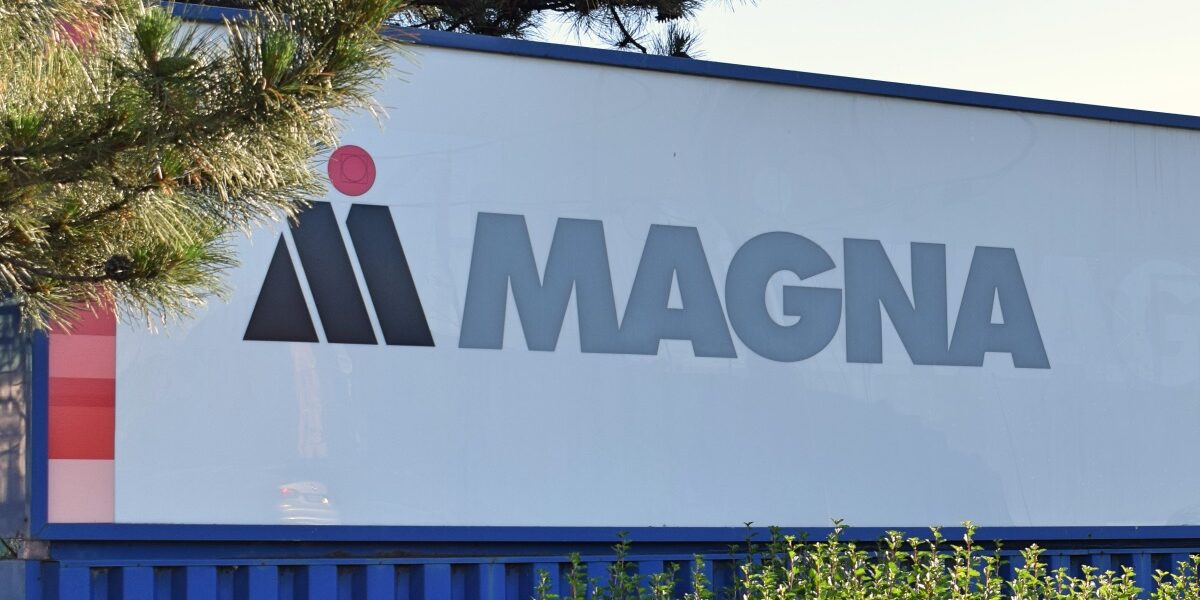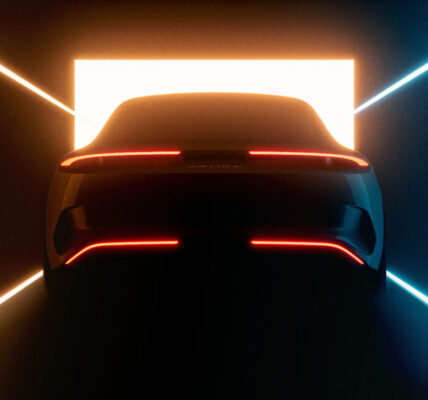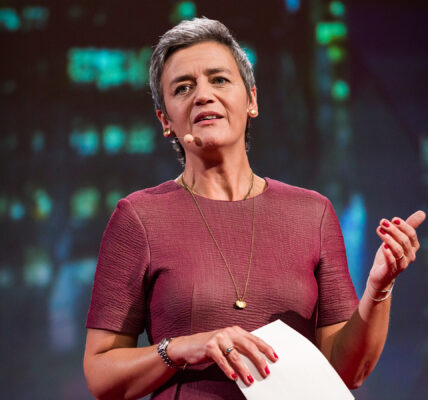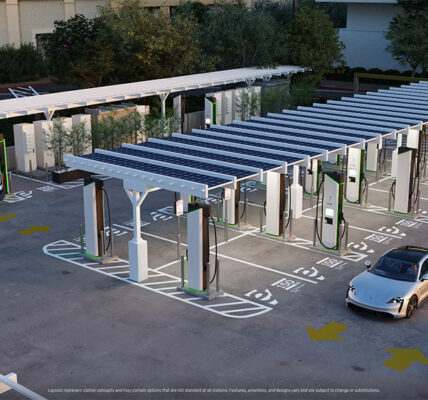Magna International Inc. MG-T +0.06%increase will spend more than US$790-million in Tennessee to build three factories that will make components for Ford Motor Co.’s F-N -0.50%decrease electric vehicles, in an industry that is seeing governments offer billions in subsidies to build factories.
Magna, based in Aurora, Ont., said the plants will produce battery enclosures, truck frames and seats for Ford’s electric F150 pickup by 2025, creating 1,300 jobs.
Magna’s frame, seat and battery-box factories will be the first suppliers in Ford’s new Blue Oval City campus, an electric-vehicle centre northeast of Memphis. The third factory, which will be located in Lawrenceburg, will also stamp frames.
“These opportunities not only strengthen our relationship with a valued customer, but also reflect the depth and breadth of our capabilities across the vehicle,” Eric Wilds, chief marketing officer at Magna, said in a statement. “We are thankful to the state of Tennessee for their support and partnership.”
Governments in the United States and Canada are spending billions for EV manufacturers to build factories and bolster their battered auto sectors ahead of laws mandating electric-vehicle sales ratios and tougher emissions rules.
Ford has said it will spend US$11-billion in Tennessee and Kentucky to build EV and battery plants. The Detroit-based automaker has received US$1.3-billion in subsidies for the new plants. That amount includes US$884-million in taxpayer subsidies from the state of Tennessee to build Blue Oval City, which Ford says will produce 500,000 trucks a year.
In June, Ford secured an agreement with the U.S. government for a US$9.2-billion loan to build the plants in Tennessee and Kentucky. The two states, which offer no or low personal income taxes, large subsidies and laws against mandatory union membership, have successfully built major auto sectors in recent years. Toyota Motor Co., General Motors and Martinrea International have plants in either or both of the states.
Jennifer McEachern, a spokeswoman for the Tennessee office of economic development, declined to say if Magna received incentives from the office, and referred questions to other levels of government.
Dave Niemiec, a Magna spokesman, said the company is “working closely” with the state on subsidies but declined to disclose details.








